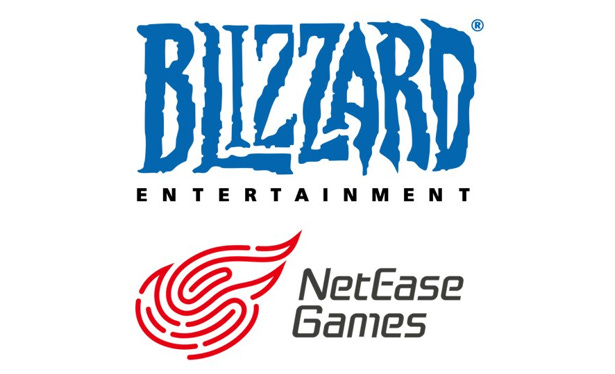Blizzard & NetEase Breakup in China
Blizzard will need a new Chinese publishing partner if it wants to operate in the country
NetEase will no longer be Blizzard’s publishing partner for China. What does this means for Blizzard games in China, and for NetEase going forward?
Here’s some things to consider:
Blizzard:
-All non-Chinese games are required to have a Chinese partner (publisher) in order to legally/officially operate in the Chinese market.
-Once/if Blizzard finds itself decoupled from NetEase and without a Chinese partner for their games in China, all of Blizzard games will no longer be allowed to operate in China (officially/legally, I can’t emphasize this enough).
-Blizzard games who wish to remain in operation in China will be required to restart their respective publishing license approval (which takes months) with the new partner/operator. While that process is undergoing, games operations will be halted.
- Activision/Blizzard is still “mixed” up in the whole Microsoft acquisition process.
NetEase:
-NetEase main goals as a publisher powerhouse and developer are global. Meaning, while extremely valuable, Blizzard’s content in China is not (as) paramount to NetEase growth strategy presently, and going forward.
-The Chinese market, while huge, continues to be extremely restrictive for officially published content, both in amount, and form.
-NetEase has continuously invested in new international studios and talent in recent times, likely continuing to do so in the foreseeable future. Goal is to maximize and potentialize the reach of its games (some current, new ones, and in-development) worldwide, and not necessarily in China (not at all for many upcoming projects).
-Blizzard games, while historically very popular in China (World of Warcraft in particular, but not only), don’t carry the weight they used to in the last decade and before, in the country.
-According to several internal sources at NetEase, CEO Ding Lei is somewhat erratic and ill-informed when it comes to some of its decision-making and views of the gaming industry and games, broadly speaking. A lot of the recent high-profile acquisitions and investment (Japanese studios and creators in particular), do not directly come from Ding Lei’s ideas/planning.

